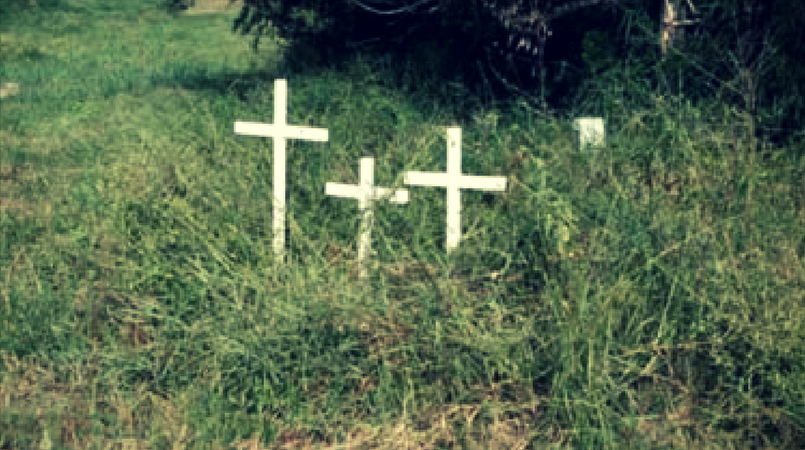
A mother recently died after giving birth to her second child through village birth in Umbuwara village in Barai, Northern Province.
She had given birth in the village and died the following day due to complications.
Maternal deaths continue to be the biggest challenge in rural and remote areas where access to basic health services are impossible and the nearest health centre at Itokama is a three hour walk.
This is evident in Barai, a geographically remote area sharing the mountain ranges bordering with Central Province where road access is often inaccessible.
The Barai Plateau covers ten wards, 35 villages and has a population of 8,555 people.
There is only one government health centre – Itokama Health Centre, serving a catchment population of more than 8,000 people in nine wards in Barai operating with little or no drugs/medicine supplies and the state of the facility deteriorating.
The general ward and maternal ward cannot be used as they are rundown and need maintenance.
Through the Health Promotion Program implemented by Village Technology Foundation (VTF), a local NGO focusing on mindset change and improving well-being of a person, there are less people in the out patients seeking treatment for basic communicable diseases.
The health promotion program targets mindset change from being treatment focused to being more preventative focused.
Itokama Health Centre OIC Lester Dona, a trained Community Health Worker, said health service was a big challenge in these remote parts. He said most often, medical supplies came in 2-3 months later due to road accessibility and by the time he had picked them, they had already expired.
Dona said he often had to refer patients to Afore to get treatment, which was a day or even two days’ walk, to get there when he was not able to treat them at Itokama.
“The main communicable diseases around these parts are flu, cough, secondary infections such as pneumonia, diarrhoea, asthma and skin disease.
“TB has also started to increase in our society and I have had to refer patients to Afore and from there, they have to go to Popondetta because I do not have the capacity to treat them here,” he said.
“I advocate that they have to take ownership of their own health because access to basic services are very hard for us and so prevention is better than cure.”
Another challenge Dona mentioned was manpower shortage.
“I am only a CHW and the only one working here for the last 8 years. I do not have any other health workers here to assist me.
“Maternal deaths is the topmost challenge in Barai with many women dying after village births and complications.
“Immunisation is also a challenge as the vaccine fridge at Itokama Health Centre is no longer working. I refer mothers to Afore but it’s up to them to take their babies there,” Dona said.
He acknowledged that through VTF’s Health Promotion Program, people had taken ownership of their own health and he sees less than 15-10 out patients or none at all each day.
“This is a good program as it focuses on prevention rather than cure and I will support it in its health program in Barai,” Dona reiterated.
